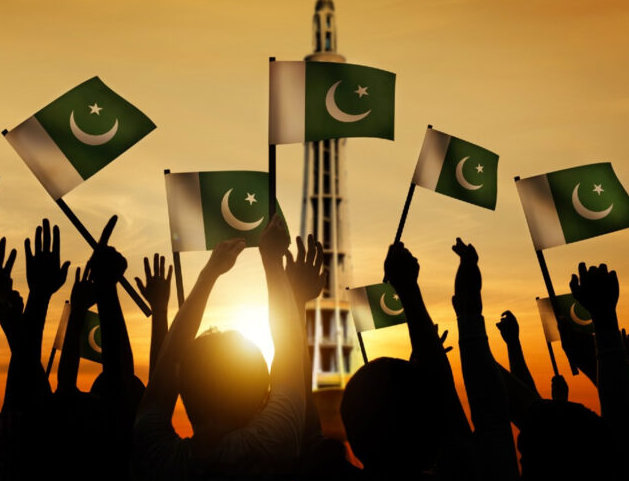The 26th of October marks an important occasion in the calendar as Austria National Day, also known as Nationalfeiertag. It is a day of great significance and patriotism for the citizens of Austria as they celebrate the birth of their Second Republic, which was established on this day in 1955. This article will provide an overview of the history and culture of Austria, highlight the significance of National Day, explore the various celebrations and traditions associated with it, and answer some commonly asked questions about the occasion.
Austria, located in the heart of Europe, is a landlocked country with a rich history and culture that dates back to the Roman Empire. The country has a population of over 9 million people and is known for its stunning natural landscapes, world-renowned music, architecture, and art, and its delicious cuisine. Austria is home to the iconic Alps, which occupy 62% of the country’s total area, and the mighty Danube river that flows through its major cities.
The Birth of Second Republic: The Significance of Austria National Day
On October 26th, 1955, the Allied Forces, who occupied Austria after World War II, signed the Austrian State Treaty, paving the way for the country’s independence and the establishment of the Second Republic. This treaty guaranteed Austria’s sovereignty, neutrality, and democratic government, and paved the way for the country’s economic and political development. The day is celebrated as National Day, or Nationalfeiertag, throughout Austria as a symbol of the country’s freedom, independence, and democracy.
Austria National Day Celebrations and Traditions: From Flag Parades to Open Houses
The National Day is celebrated with great fervor and enthusiasm across the country. The celebrations begin with a flag parade in Vienna, where the President of Austria delivers a speech to the nation. The parade is followed by a wreath-laying ceremony at the Tomb of the Unknown Soldier in Vienna, paying tribute to those who sacrificed their lives for the nation’s freedom. The day is marked by various cultural and musical events, including concerts, exhibitions, and open houses at government buildings.
Exploring the Country’s Diversity: Regional Celebrations across Austria
Austria’s rich cultural heritage is reflected in the regional celebrations held on National Day. Each province celebrates the occasion in its unique way, showcasing its local traditions, food, and music. For example, in Carinthia, a region in southern Austria, people celebrate with the traditional “Süßes oder Saures” (Trick or Treat), while in Upper Austria, people gather around bonfires and sing traditional songs. These regional celebrations provide an opportunity for visitors to experience Austria’s diverse cultural heritage and its people’s unique way of life.
Austria National Day FAQs: Answering Your Questions
- Is National Day a public holiday in Austria?
Yes, National Day is a public holiday in Austria, and most businesses and institutions remain closed on this day.
- What is the significance of the flag parade on National Day?
The flag parade is a symbol of Austria’s sovereignty and independence, and the President’s speech emphasizes the importance of democracy, freedom, and national unity.
- What kind of food is traditionally eaten on National Day?
There is no specific traditional food associated with National Day, but people usually gather with their families and friends to enjoy a festive meal.
- Are there any fireworks displays on National Day?
Fireworks displays are not a common tradition on National Day in Austria, but some cities and towns may organize their own events.
- What are some of the other national holidays in Austria?
Some of the other national holidays in Austria include New Year’s Day, Epiphany, Easter Monday, Labor Day, Christmas Day, and Boxing Day.
Conclusion: Celebrating Austria National Day – A Time to Reflect and Rejoice
Austria’s National Day is a time for Austrians to reflect on the country’s rich history and culture, celebrate its freedom and independence, and come together as a nation. The day is marked by various cultural and musical events, regional celebrations, and the flag parade in Vienna, which serves as a symbol of the country’s sovereignty and democracy. Whether you are a resident or a visitor, National Day is an excellent opportunity to experience the unique traditions and customs of Austria and appreciate the country’s diversity.
References
- “National Day in Austria.” Time and Date. Retrieved from https://www.timeanddate.com/holidays/austria/national-day
- “Nationalfeiertag.” Austria.info. Retrieved from https://www.austria.info/en/service-facts/nationalfeiertag
- “Austria.” Encyclopaedia Britannica. Retrieved from https://www.britannica.com/place/Austria

